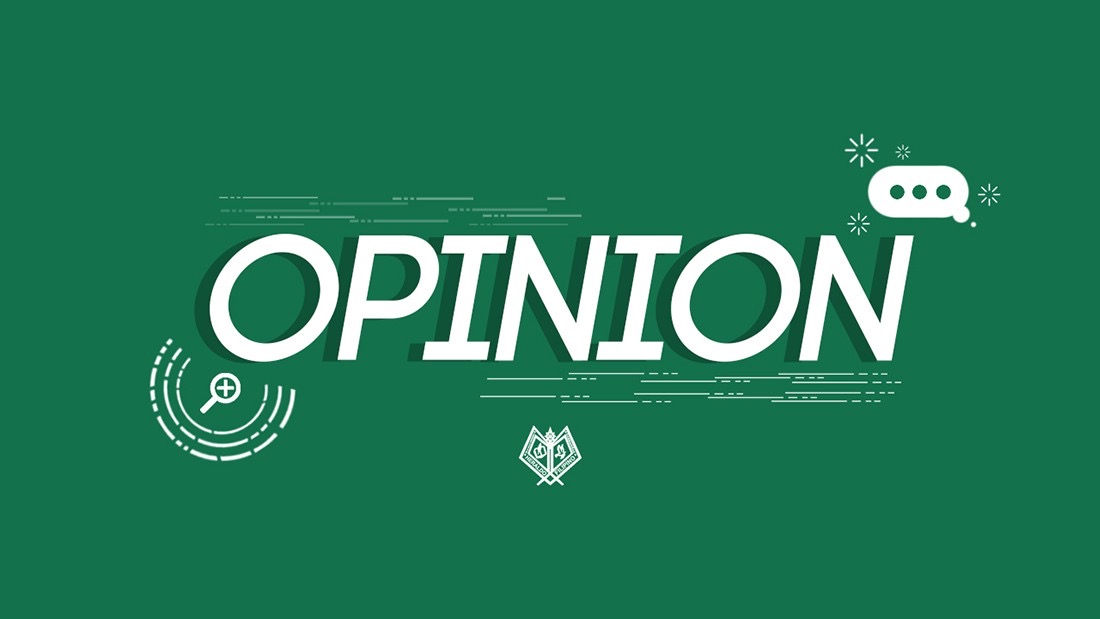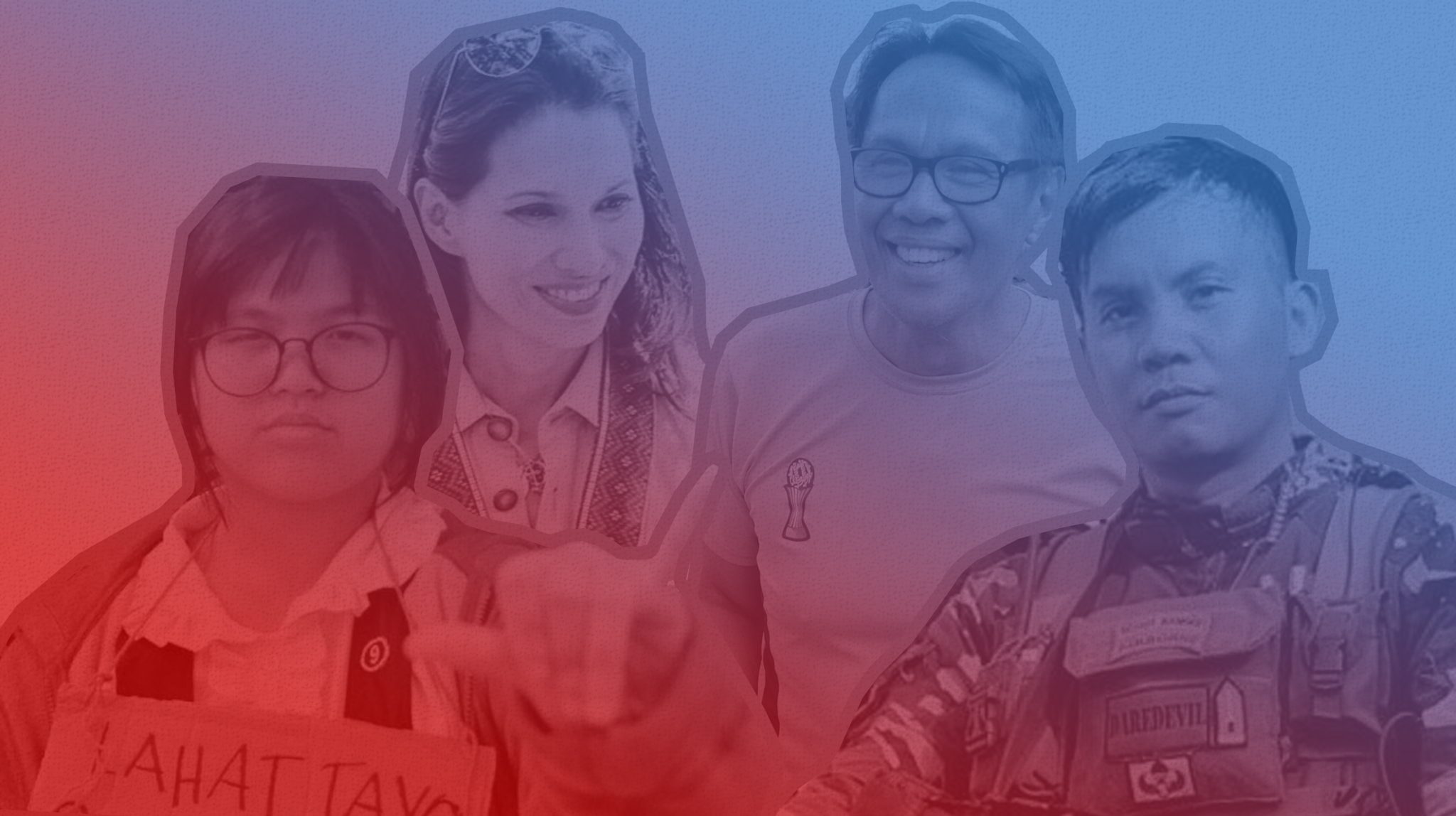Humanity sells
Originally published in HF Volume 37 Issue 1
Humanity sells, both in the literal and metaphorical sense of the word. But when we live in a world that packages the human experience in carefully-curated feeds, easy-to-consume video content and 264 character tweets – we start to think that every single thing needs to have some numerical or monetary value attached to it, and lose heart when ours fail to meet the standard. This, perhaps, is one of the greatest struggles of our generation: how to be human without needing to “sell” the human act, and how to feel human without feeling as though we’re simply “buying” into what’s being put in front of us.
***
You don’t have to be a celebrity or an influencer to understand the pressure of living in a digital world. The more access we gain to each other’s private lives, the more we buckle under an invisible jury’s scrutinizing eye– and so we try to improve. We cut bits and pieces of ourselves, parsing an ideal image for the world to see. We carve our niches and create communities – groups of people who share the same belief – and make that our entire personality. We turn hobbies into businesses, and transform personalities into brands. Companies and celebrities have been doing this since time immemorial, the only difference is that more people now have the opportunity to do the same.
As a result, we see a world all caught up in a collective game of make-believe, casting black-and-white filters on what is supposed to be an incredibly nuanced, complicated and contradicting way of life. To be ideal now means that you have no room to make mistakes. The niches we carve ends up being the hills we die on, and if we lose our drive to pursue our hobbies when it doesn’t sell, we start to think we’re terrible people if our personality does not gain a dedicated following.
All these have existed long before the internet. But with more people going down this road, the pursuit of the picture-perfect life becomes the norm, with everything that doesn’t fall under its image being viewed as an outlier. Whether you celebrate while people are dying on the other side of the world, whether find yourself in rock bottom after an uphill battle to keep up with society’s standards of success– the simple act of being human is taken away from you now that the validity of your experience based is on other people’s reactions and sentiments. What’s more tragic is that the system is designed that way: whether it’s good or bad, humanity sells.
The human experience is then reduced to price tags, social media analytics, accessibility to social media platforms, privilege, and exclusive bubbles. Crucial conversations are lost in a battle of ratios, relevant and pressing issues are turned into jokes, and more people choose to confine themselves in their tightly-knit circles. Hate grows as people insist on an ideal way of living to others. Growth is an elevator that only goes up, because God forbid, we encounter something so trivial as growing pains, setbacks, and debilitating challenges.
Suffice to say, we lose ourselves in our effort to be authentic– as ironic as that sounds. Nobody knows how to be themselves anymore, not since social media began telling them what they should have been doing at a certain age, what they should look like, think, and even speak. Packaging humanity in the corners of our screen gives us the choice whether we want to focus on the good and the bad, but it also takes away our opportunity to experience and comprehend the priceless moments in between.
True enough, humanity sells because there is a need to be seen, to be heard, to be understood in ways that can only be achieved through interaction and transactions. Humanity sells because there is no other way to reach another human except through similarities and differences, shared experiences, and lack thereof. But even as humanity sells, may we never forget that what makes us human cannot be sold at a price. The intrinsic value we attach to our experiences, milestones, creations and struggles in life will never measure up to a thousand or million likes in the same way that it won’t matter any less when we get zero.
To be human is a daunting task. It is no less breathtaking, no less terrifying, no less hopeful and filled with despair — even if no one is watching.




